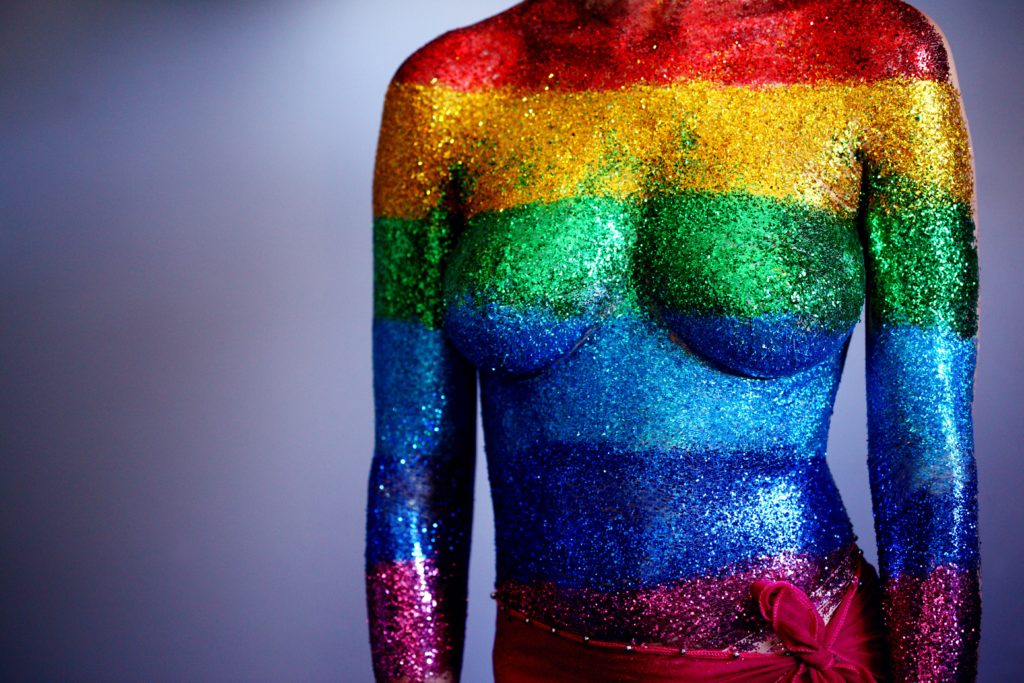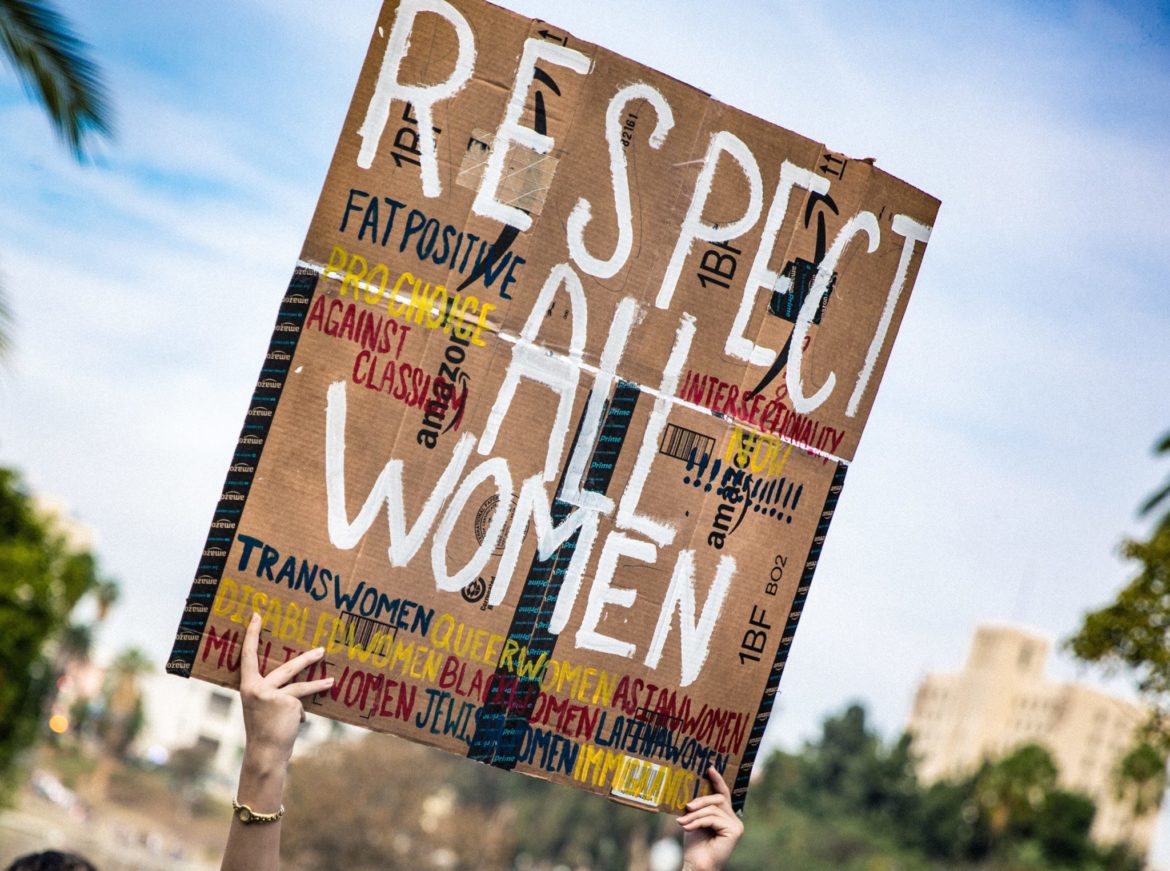Transgender people, now more than ever, are having their human rights tested due to their gender identity. Bathroom bans, transgender military bans, and other bans targeting transgender people have gained major publicity and contributed greatly to the stigmas continuing to surround transgender people. Due to the constant oppression transgender people face, their lives and their mental health are at risk. Without the proper care and support, our transgender sisters and brothers are in danger.
Nothing is as under-reported as the deaths of transgender people. Although 2017 was considered to be the deadliest year for the transgender population, it’s very possible that trans murders are and have been under-reported for multiple different reasons. In addition, the victim demographic is disproportionate: trans-women made up 80% of the total victims in 2017. This alarming statistic might have to do with the fact that trans-women have two forms of oppression in their lives: sexism and transphobia.
But the oppression goes further, especially for trans-women of color. Ashlee Marie Preston, a black transgender advocate and the editor-in-chief of Wear Your Voice magazine, celebrated her 34th birthday on June 7th with a birthday cake featuring the pictures of 77 black trans-women whose lives were cut short. The reason for this particular cake was to raise awareness about the average life expectancy for black trans-women—35 years.
A percentage as high as 95% represents the number of transgender women of color killed in 2017, according to GLAAD. When there’s so much working against trans-women, it is difficult for them to live a life that is not filled with discrimination, poverty and health issues. The stigmas take a toll on their mental well-being. The American Journal of Public Health researched the mental health of the transgender population in this country and reported that 44% of respondents experienced clinical depression, 33% experienced anxiety, and 27% of respondents experienced somatization (reoccurring medical symptoms with no cause). Just like men need to be allies for women, cisgender women need to be allies for trans-women.
Some people argue that because trans-women were born male, they still possess male privilege. They will never experience what it means to biologically be a woman and to be brought up as a woman in a society too concerned with policing and defining them. But this argument aids in separating and marginalizing trans-women even further from any conversation that discusses womanhood.
Growing up as a woman is a very different and difficult experience that, over time, allows women to connect with each other based on common experiences. Simply, the “female identity” is deeply rooted in the obstacles women face. For example, cis-women are taught to not show too much skin because a boy might get distracted or to hide any evidence of being on their periods because periods were something to be ashamed of. Although trans-women do not go through the same experiences as cis-women, we should be able to treat trans-women, and all women for that matter, with respect. Women should respect other women due to the wide range of experiences that we go through and the obstacles we confront that make us uniquely female. Trans-women go through a very different type of female experience that no cis-woman will understand or go through themselves. This should not lessen their value or worth as women.

As a cisgender woman, I have never and will never experience what trans-women have had to go through and are currently going through. But I believe that the struggles trans-women go through on an everyday basis and the lack of platform they receive because of their gender identity is unfair and needs to be addressed.
I believe that, as cisgender people, it is on us to love and protect those who are less privileged. Trans-women need to be supported and need to be included in conversations surrounding women because trans-women are also women. We can listen to their stories if they are open to sharing, use the correct pronoun they want to be identified with, support transgender organizations/groups, call out homophobic comments and correct someone if they are misusing a pronoun. Go out and walk in the Pride parades around the country. Show your support for the transgender and LGBT community. These are small things that can have a positive impact. We must stick together as women if we want to overcome the stigmas and sexist boxes we have been put in by society.
The Trevor Project, Trans Lifeline and Gender Diversity are just a few of the organizations and hotlines ready to help transgender people, whether male or female, with family support, education and anything else they might need
By: Kerasa Tsokas


 Today I turned 34!
Today I turned 34!  Sadly the average life expectancy for a black trans woman in America is 35 years old…I had @cakeandart place the photos of 77 black trans women who were murdered under 35 years old on my cake. I’m rolling out the #ThriveOver35 campaign today which is intended to help black trans women reimagine themselves somewhere other than an open casket. Please use this hashtag for every birthday under and over 35 years old to remind our sisters brothers and others that we’re not only surviving we’re THRIVING!!
Sadly the average life expectancy for a black trans woman in America is 35 years old…I had @cakeandart place the photos of 77 black trans women who were murdered under 35 years old on my cake. I’m rolling out the #ThriveOver35 campaign today which is intended to help black trans women reimagine themselves somewhere other than an open casket. Please use this hashtag for every birthday under and over 35 years old to remind our sisters brothers and others that we’re not only surviving we’re THRIVING!! 

 . . . . . . . . . . . . . . . #Thrive #live #birthday #happybirthday #happybirthdaytome #celebrate #blacktranslivesmatter #blacktranswomen #women #trans #lgbtq #lgbt #masterpiece #queer #facts #statistics #picoftheday #bestoftheday #instagram #instadaily #daily #instagood #media #losangeles #LA #campaign #blacklivesmatter #blm #pride
. . . . . . . . . . . . . . . #Thrive #live #birthday #happybirthday #happybirthdaytome #celebrate #blacktranslivesmatter #blacktranswomen #women #trans #lgbtq #lgbt #masterpiece #queer #facts #statistics #picoftheday #bestoftheday #instagram #instadaily #daily #instagood #media #losangeles #LA #campaign #blacklivesmatter #blm #pride